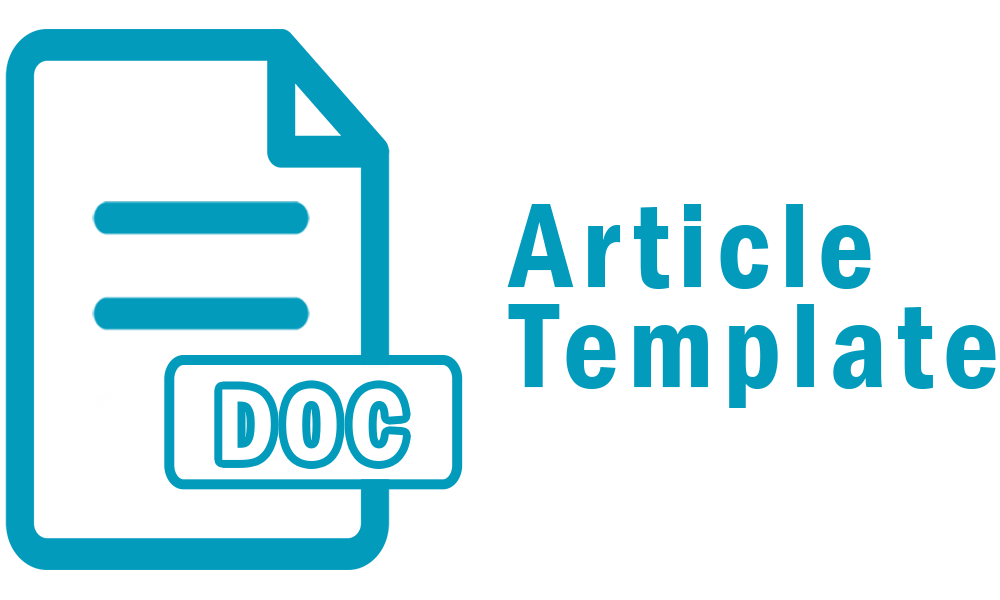THERMAL TEST OF 3D PRINTING FILAMENTS FROM PLASTIC WASTE AS AN ENVIRONMENTALLY FRIENDLY PRINTING MEDIA ALTERNATIVE
DOI:
https://doi.org/10.46961/kreator.v10i2.876Abstract
Plastic is an alkene polymer compound with very large molecules. The more people use it, the more waste is released. One way to reduce plastic waste in Indonesia can be done by recycling. In this way, you can minimize HDPE waste that is no longer used.
Processing plastic waste in industry can be done by making 3D printing filaments. With 3D printing technology, companies can make a prototype without having to spend raw materials or materials. This research aims to analyze the thermal test results of waste HDPE bottle caps and thermoplastics which are used by utilizing recycled bottle caps as a thermoplastic mixture with different formulation variations. The research method that will be used consists of several stages, namely: 1). Sorting of HDPE plastic bottle caps; 2) Grinding; 3) Extrusion process 4) 3D Printing filament diameter measurement test 5) Test run.
.
Downloads
Published
How to Cite
Issue
Section
Citation Check
License
Authors who publish with Kreator agree to the following terms:
- For all articles published in the Kreator, copyright is retained by the authors. Authors give permission to the publisher to announce the work with conditions. When the manuscript is accepted for publication, the authors agree to the automatic transfer of non-exclusive publishing rights to the publisher.
- Authors retain copyright and grant the journal right of first publication with the work simultaneously licensed under a Creative Commons Attribution-ShareAlike 4.0 International License that allows others to share the work with an acknowledgment of the work's authorship and initial publication in this journal.
- Authors are able to enter into separate, additional contractual arrangements for the non-exclusive distribution of the journal's published version of the work (e.g., post it to an institutional repository or publish it in a book), with an acknowledgment of its initial publication in this journal.
- Authors are permitted and encouraged to post their work online (e.g., in institutional repositories or on their website) prior to and during the submission process, as it can lead to productive exchanges, as well as earlier and greater citation of published work (See The Effect of Open Access).











